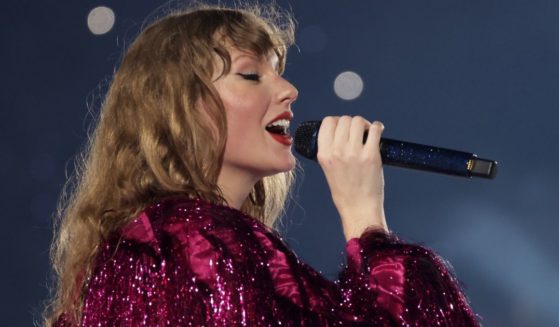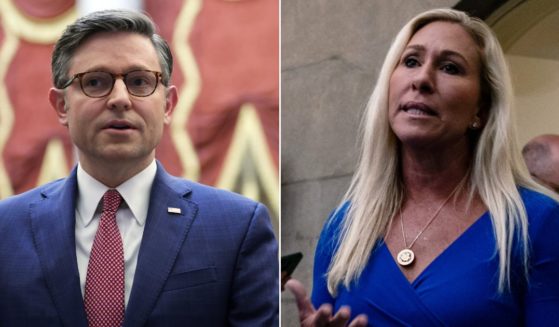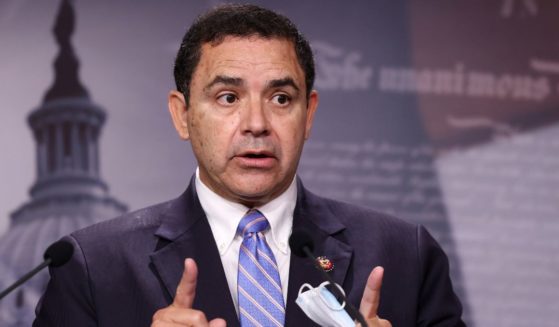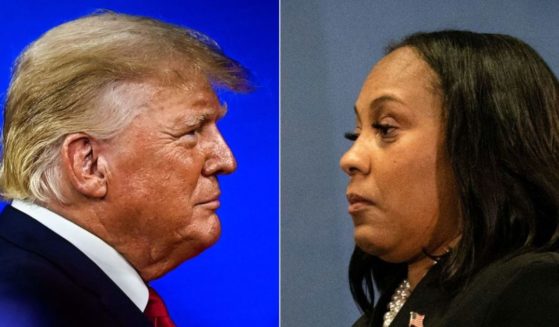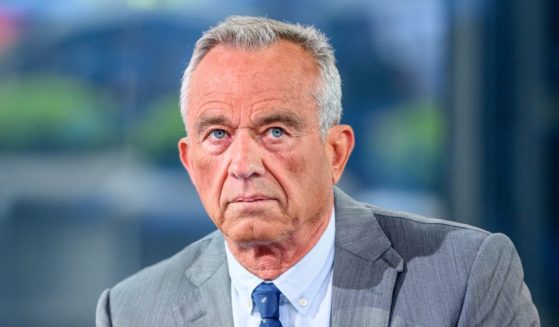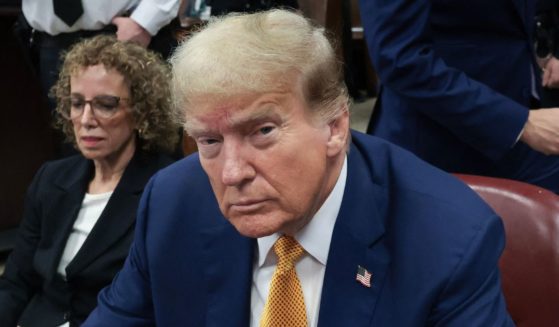Alliance Formed Against American Dollar May Soon Roll Out Alternative World Currency
Thanks to persistently high inflation, Americans may think the U.S. dollar is in the dumps. The truth is, we still have it pretty good.
Yes, purchasing power may be down, but the fact is, the dollar remains strong against foreign currencies — in part because it’s considered a reserve currency by foreign banks.
As economists Gita Gopinath and Pierre-Olivier Gourinchas noted in a blog post on the International Monetary Fund website published last October: “The dollar is at its highest level since 2000, having appreciated 22 percent against the yen, 13 percent against the Euro and 6 percent against emerging market currencies since the start of this year. Such a sharp strengthening of the dollar in a matter of months has sizable macroeconomic implications for almost all countries, given the dominance of the dollar in international trade and finance.”
If an alliance led by Russia and China has its way, however, that could change in a hurry.
According to Bitcoin.com, countries in the BRICS alliance plan to discuss a gold-based common currency that is aimed at depreciating both the U.S. dollar and the euro at a summit next month.
“The subject of a common BRICS currency has gained significant attention as the BRICS leaders’ summit approaches and an increasing number of countries pursue de-dollarization,” Bitcoin.com’s Kevin Helms noted.
“The BRICS comprises Brazil, Russia, India, China, and South Africa. Their leaders’ summit will take place in South Africa from Aug. 22 to 24.”
While the bookends and the middle of the acronymic alliance are generally allies of the United States, the R and C part of BRICS — Russia and China — are notoriously unfriendly to Washington. Bitcoin.com noted that Moscow mouthpiece RT has been touting the currency’s creation, and other Kremlin-linked outlets, like the Twitter account of the Russian embassy in Kenya.
The BRICS countries are planning to introduce a new trading currency, which will be backed by gold.
More and more counties recently express desire to join BRICS.https://t.co/lMKTd4FlnT— Russian Embassy in Kenya/Посольство России в Кении (@russembkenya) July 3, 2023
“The BRICS countries are planning to introduce a new trading currency, which will be backed by gold. More and more counties recently express desire to join BRICS,” the embassy said in a July 3 tweet, linking to a Foreign Policy article on the proposed currency.
The article, written by former Trump administration economic adviser Joseph W. Sullivan, noted that while the current “narrative [is] that the dollar’s reign is stable because it is the one-eyed money in a land of blind individual competitors like the euro, yen, and yuan … a BRICS-issued currency would be different.
“It’d be like a new union of up-and-coming discontents who, on the scale of GDP, now collectively outweigh not only the reigning hegemon, the United States, but the entire G-7 weight class put together,” Sullivan said.
As for other countries willing to join in, at least one Iranian official says the currency will benefit Tehran — while not committing to join in.
“A tremendous change is taking place in the international economy,” said Assistant Foreign Minister and Director General of the South Asia Department of the Iran’s Ministry of Foreign Affairs Rasoul Mousavi in remarks to Iranian state outlet Press TV, according to Bitcoin.com.
“The BRICS’ introduction of a gold-backed currency, which is supported by 41 countries with large and influential economies, will weaken the dollar and the euro and will benefit countries such as Iran, while Iranians in possession of gold will experience a wealth increase.”
There is, of course, a caveat to the currency threat, as Bitcoin.com’s Kevin Helms recognized: “While Mousavi believes that a common BRICS currency backed by gold would benefit Iran and erode the dominance of the U.S. dollar, the economic bloc has not officially announced any plans to create such a currency.”
“Nonetheless, there is a prevailing belief that the establishment of a successful BRICS currency will diminish the dominance of the U.S. dollar. The BRICS economic bloc is also expanding its influence and is considering adding more members.”
Indeed, as Reuters reported in June, “Senior officials from more than a dozen countries, including Saudi Arabia and Iran, were in talks on forging closer links with the BRICS bloc of major emerging economies on Friday as it met to deepen ties and position itself as a counterweight to the West.
“BRICS, which now consists of Brazil, Russia, India, China and South Africa, is considering expanding its membership, and a growing number of countries have expressed interest in joining.”
All of this basically indicates a storm brewing for the United States and its currency.
At present, it’s safe to say that if there isn’t a new cold war with Russia and China, we’re certainly on antagonistic terms with both regimes. Direct war, of course, would be catastrophic. However, economic warfare is significantly less painful — and a lot easier — for Russia, China and other BRICS nations to wage.
An attack on the U.S. dollar as a reserve currency is one of the most effective ways to do it — provided, of course, that members of the alliance can agree upon the terms of currency.
If they can, think about the purchasing power you’ve lost since President Joe Biden took office. Then realize that you potentially “ain’t seen nothing yet.”
Truth and Accuracy
We are committed to truth and accuracy in all of our journalism. Read our editorial standards.


